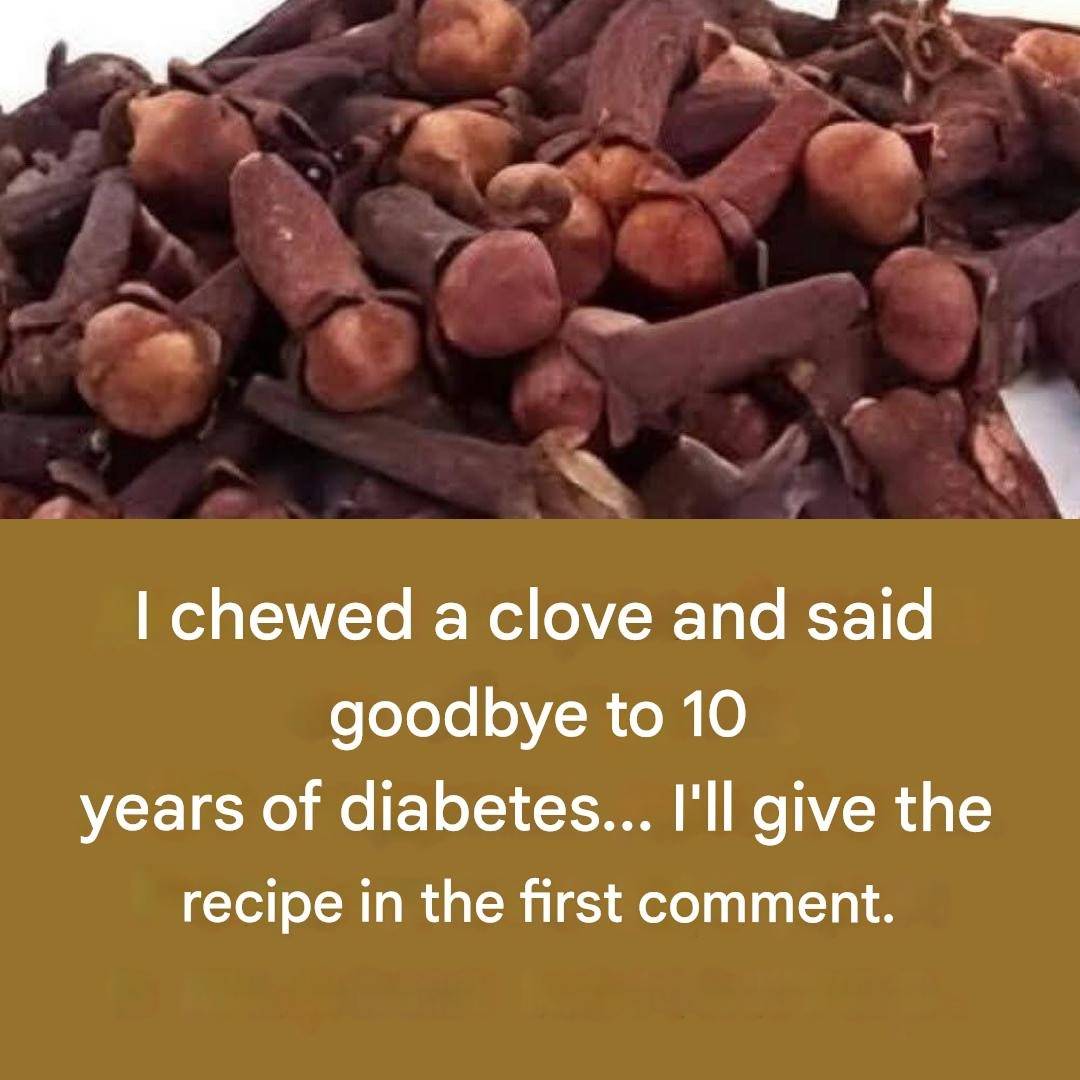He was tall, slender, in a black coat that shone in the streetlight as if coated with a thin layer of oil. His eyes were gray—too gray, as if there was no sky behind them. Only ash.
“You are Alfredo,” he said without asking.
“And who are you?” the other replied, without looking up from the kettle.
“I have come for the book.”
The book. The scroll Raphael had given him. He kept it under the stone teapot, wrapped in linen, like a sacred object.
“It’s not for sale,” he replied calmly.
“I know. But it should have been with us by now.” Rafael knew that.
Alfredo looked up. The gray one didn’t look evil. He was… empty. Like a man whose voice had long since died.
“You came for the recipe. But not for the meaning.”
The man smiled slightly.
“We came for access. To knowledge. You opened it yourself, succumbing to the song. And now, without knowing it, you have set in motion a process. People remember. But memory is a weapon. It must be controlled.”
Alfredo stood up. He was no longer a cook. He was not just a man with a kettle. He was a guard.
“I won’t give it away. Even if I have to…”
“To die?” said the gray one. “Without pathos. We don’t kill. We erase.”
He took out a small bottle. Inside — an amber-colored liquid.
— Drink it. And you will forget. Everything. Me, the clove, Raphael. You will remain just a good tea master. You will live peacefully. Without a past. Without anxiety. Without strength.
At that moment the tea room darkened. A wind, like a strange voice, passed over the walls. The flame of the lamp flickered. But Alfredo remained standing.
“I’m not afraid to remember.”
He poured two glasses. In one – three buttons. In the other – none.
Choose. Your fate—or theirs. But know this: even if you drink the “empty one,” it will still leave a mark.”
The gray man looked at the glasses. His fingers were shaking.
“We were once human too,” he said, almost in a whisper. “Before we chose to forget everything. To be ‘above.’ To rule.”
He slowly reached for the glass of cloves.
That night the teahouse did not close. It remained open until dawn. The gray man left without a word. But his fingers smelled of cloves. He did not drink. But he took his memory with him.
Alfredo brewed tea again. He knew: there were more to come. And not everyone would choose to remember. But the song was already playing. And it couldn’t be stopped.
Chapter III. Powder and spices
As the tearoom fell silent again, somewhere beyond the mountains, in a land with no name on maps, a man named Raphael sat in an ancient monastery carved into the rock itself. Everything there smelled not of time but of his absence. The wind carried the dry scent of cardamom and ash, and the walls whispered in a language no one was learning anymore.
Raphael “read” – not with his eyes. He touched with his fingers petals, powders, dry pods, from which rose an invisible smoke of memories. Every spice in the world carried a sound, a feeling, an energy. And among them, cloves – the most vocal.
It is a key. The most ancient guardian. The one who “hears pain.” That is why they have banned it, tried to eradicate it, hidden its true power behind recipes and festive aromas. But it has waited for centuries. And here it is — it has responded.
Rafael knew: once Alfredo heard the song, others began to activate—those called “Guardians of Taste.” There were nine of them. Each was associated with a specific spice, each was driven by a different emotion.
Cardamom – the memory of love.
Turmeric – the pain of healing.
Black pepper – anger and justice.
Cinnamon – the warmth of the past.
Star anise – fear and courage.
Ginger – movement and desire.
Nutmeg – sleep and revelation.
Cumin – ritual and devotion.
Clove – loss and awakening.
Raphael had to gather them before it was too late. Because the shadow that had come to Alfredo was only a vanguard. The real threat was called “Synthesis.” These were those who had once given up on tastes, smells, feelings. Their goal was to erase the memory of spices and replace everything with synthesized forms – without soul, without consequences, without truth.
Meanwhile, Alfredo began to hear the songs not only in the teapot. In his dreams. He saw a woman with eyes the color of turmeric. A girl drawing patterns with cardamom on fogged glass. A man turning into a storm of black pepper.
They were calling him.
And he left.
Before he left, he left the teahouse open. On the table was a note:
“If you smell the aroma — do not be afraid. It does not call — it remembers. Drink as if you remember yourself.
— Alfredo.”
He took some dried cloves, an old copper travel kettle, and a map that could not be read with the eyes—only with the nose. It always smelled of a certain spice. And the road south smelled pungent—of ginger and salt.
ADVERTISEMENT

